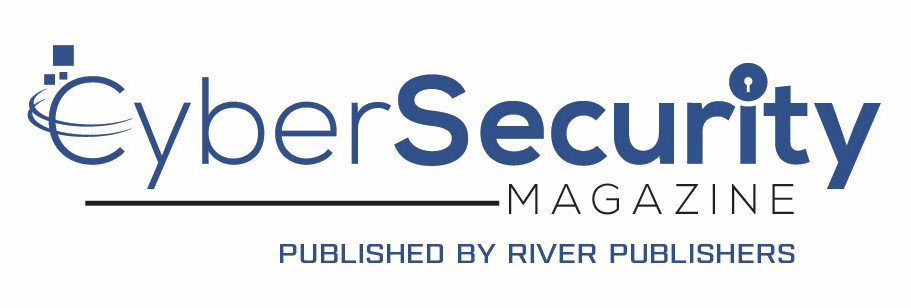Special Issue: Big Data/AI Standardization in the Journal of ICT Standardization
The foundation of Cybersecurity Magazine lies within the research community, and one of our objectives is to serve as a bridge between the research community and the industry. Starting now, we will regularly publish abstracts and articles from research journals and link back to the original source. If you know of any interesting research article, or have written one yourself, don’t hesitate to get in touch – we will even be able to provide a DOI for your article.
ICT has the capability to improve the quality of life experienced by our citizens through education, training, new services, innovation and automated control systems. ICT especially the emerging technologies investigated here are of immense importance to supporting education, health, innovation and infrastructure. AI and Big Data systems show great potential for achieving the United Nations Sustainable Development Goals which currently requires immediate global action in areas like climate change, poverty and pollution to ensure that additional damage to societies and the planet is prevented.
Standardization is key to sustainability in the fourth industrial revolution. As standards are living documents, they evolve with the technologies and provide an additional pathway to technological innovation. Application solutions employing AI/Big Data technologies or utilising platforms based on these technologies provide interoperability and quality assurance through standardization. These digitally disruptive technologies are constantly renewing the way individual businesses or sometimes entire industries work by tearing down established products/processes/services and creating new ones.
In the next few years, the emerging technologies driving digital disruption including artificial intelligence, cloud computing, the Internet of Things, Big Data Analytics will create new synergies and collaborations that will cause further acceleration of uptake. This new technological advancement is expected to create further optimizations and efficiencies in nearly every industry sector. How can we prepare for this digital disruption caused by AI and Big Data Analytics? The best response is to transform your business (products/processes/services) into a reactive, responsive, dynamic living enterprise that adapts to new threats and opportunities. Building a standardization ethos into our enterprises introduces innovation, structure, quality, scalability and interoperability at the heart of the business. Standards are what we put into our products, processes and services, while confidence is what our customers get out.
The articles presented in this special issue look at a diverse set of Artificial Intelligence and Big Data challenges. In Paper 1, the impact of Emerging Technologies is investigated through the prism of specific use cases where emerging technologies are employed. This impact is discussed in relation to progress towards achievement of each of the United Nations Sustainable Development Goals. Emerging technologies like AI, Big Data, IoT and 5G can have an impact on large scale challenges and opportunities economically, socially and environmentally. In order for these technologies to mature and scale, there is a clear and present need to address sustainability, fairness, safety, security, interoperability, inclusiveness, transparency, efficiency, and usability. Emerging technology standardization and the work of the international SDOs and SSOs is crucial to provide the sustainable society that our citizens deserve. Standards are living documents and evolve as the technologies evolve, which allows stakeholders to strengthen the synergetic relationship between technological innovation and standardization.
Paper 2 Describes key features of ICT for Learning, Education and Training and presents questions that need to be addressed in parallel with standardization where AI is part of the solution. Scope statements require precision and clarity to be robust. In the broader standardization ecosystem will the terminology and associated definitions stand the test of time? In this new era of emerging technologies like AI, new and multiple frontiers are being created that introduces new complexity even into core terminology. AI can deliver a net benefit where standardization of AI in ICT for Learning, Education and Training is employed.
The challenges examined in Paper 3 are around developing international standards for Trustworthy AI to be global applicable and to address the ethical questions key to building trust. Firstly the authors examine the validity of grounding standards that aim for international reach on human right agreements, and secondly they discuss the recent proposals from the OECD, the EU and the IEEE on ethical governance of Trustworthy AI systems in terms of their scope and use of normative language. A preliminary minimal model for the functional roles relevant to Trustworthy as a framing for further standards development in this area is proposed.
To complete the AI Standardization suite of four, the final paper presents a comprehensive Landscape assessment of AI Standardization. Results of the analysis of 5 international and European Standards Development Organisations (SDOs) IEEE, ISO/IEC, ITU-T, ETSI and CEN-CENELEC developing standards in the field of AI are presented. The same analysis is carried out and results presented for two Standards Settings Organisations (SSOs): W3C and IRTF and their active groups. The main outcomes that the number of working groups chaired by Europeans is significant and that there is room for European experts contributing to ongoing and future standardization work.
Source: https://journals.riverpublishers.com/index.php/JICTS/article/view/2649

